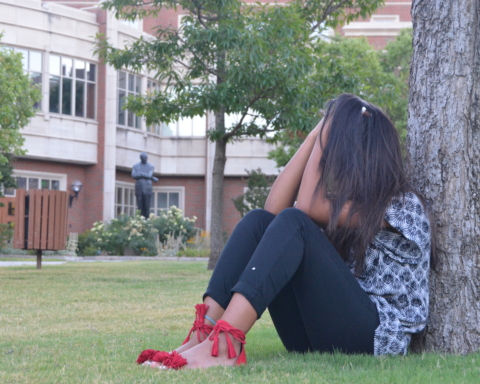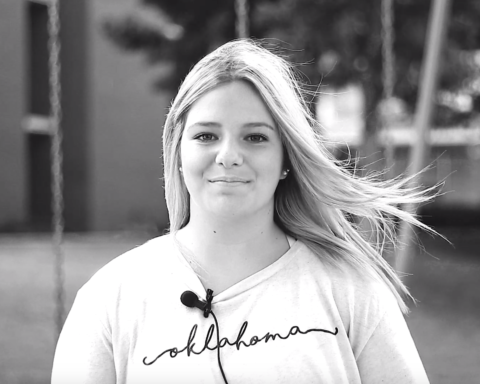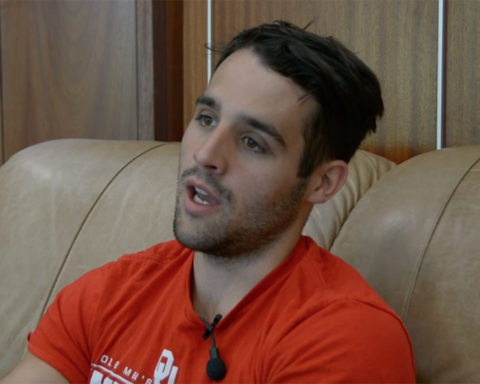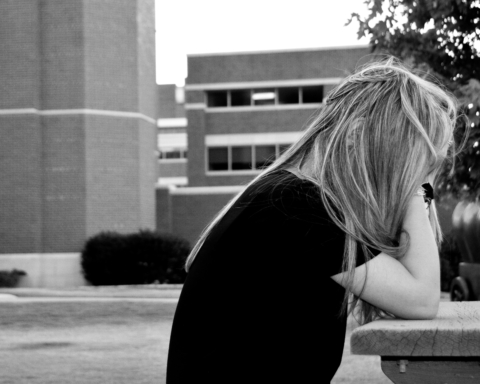You place your writing utensils on your desk after hours of preparing for the final exam of the semester, which will examine how much you have learned. You read through the test and notice you don’t know some of the answers. You start doubting yourself and the chances that you will perform well.
Suddenly, you are sweaty, dizzy and uneasy.
Welcome to test anxiety, something many students experience, according to an article from the Educational Researcher, on standardized test or just general exams.
Test scores can affect the future and careers of students. For example, students taking college entrance exams will want to meet the standards required to be accepted into their dream school.
J.D. Baker is an OU graduate who works at the special assistant to Oklahoma City’s mayor and is an advocate for mental health. In college, he was diagnosed with depression and bipolar disorder, and he eventually learned to cope with both through therapy and self-reflection.
Talking of mental health, Baker reflected on a high school friend who put pressure on himself when it came to his ACT scores. His friend was upset because his score, a 35, was not perfect.
The most points possible? 36.
“Some people have higher level of expectations for their performance, or applying to colleges and stuff, that can add stressors, too,” Baker said. “I always say take one day at a time… because we put a lot of pressure on ourselves.”
It is important students learn how to cope with test anxiety and that there are effective ways to treat this problem.
An article published by the Anxiety and Depression Association of America shares some tips to help with testing anxiety:
- Be prepared
- Develop good test-taking skills
- Maintain a positive attitude
- Stay focused
- Practice relaxation techniques
- Stay healthy
- Visit the counseling center
OU’s University Counseling Center focuses on providing quality psychological services for students. Dr. Karen Vaughn, a licensed psychologist at the university, says many students go to counseling for testing anxiety.
“There are certain techniques and skills that you can learn to try to relax before going into testing,” Vaughn said. “We have students coming in for test anxiety… because if you continually experience stress and high anxiety going into tests, then it can affect your performance.”






